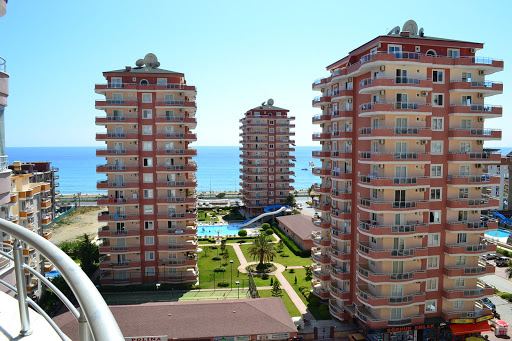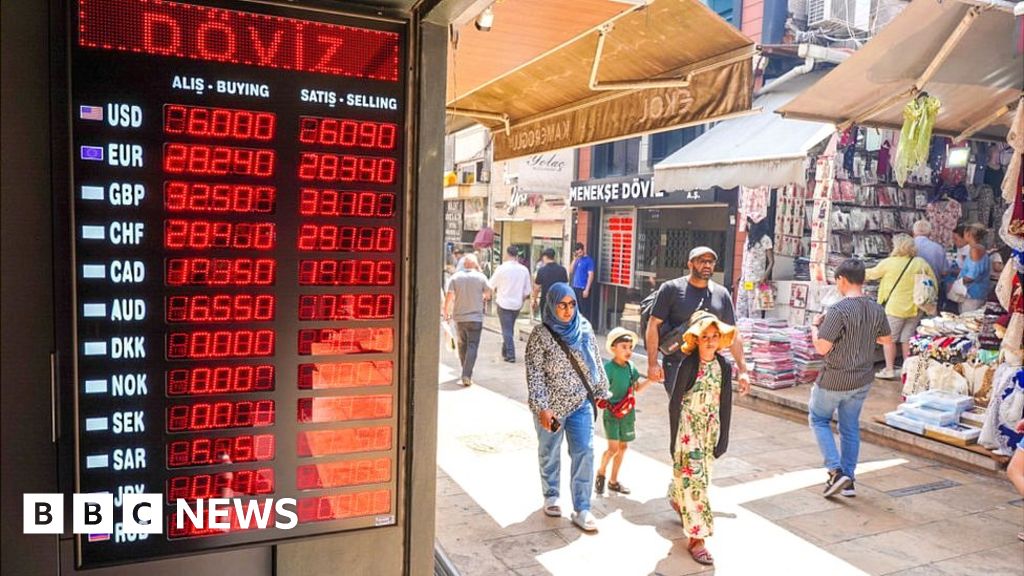Hair Transplant in Turkey: Hair or Hoax?

Have you ever heard about a hair transplant in Turkey? A surgery that costs a small fortune in the West goes for a bargain price in Istanbul. You send your photos, they plan your operation, and you book a flight. Three thousand grafts, and a year later, you have a mane worthy of a magazine cover.
Hair transplant clinics in Turkey are not only inexpensive and good, they are, in fact, so affordable and so outstanding that Americans are willing to fly 13 hours to get there.
If you are skeptical about it, you’re not the only one. Many people feel the same until they set on a hair transplant journey. Here’s what the famous hair transplant clinics in Turkey do and what you need to know about their surgeons, techniques, and prices. That’s how Istanbul became the world’s capital of hair transplantation.
About That Hair Transplant Cost
When one hears about low-cost surgeries in the East, one tends to think that this practice is fraudulent. That’s understandable and doesn’t necessarily come from prejudice. People are simply not used to reasonable pricing. However, in healthy economies such as Turkey’s, affordable healthcare is normal.
Here’s how the average hair transplant Turkey cost compares to clinics in the West:
| HAIR TRANSPLANT IN TURKEY COST COMPARISON | ||
| COUNTRY | MINIMUM | MAXIMUM |
| TURKEY | $2.500 | $6.000 |
| EUROPE | $7.000 | $10.000 |
| THE UK | $7.500 | $20.000 |
| THE UNITED STATES | $18.000 | $30.000 |
One of the main draws of Turkish hair transplant clinics is that they offer all-inclusive packages to patients from abroad. These prices cover the surgery, hotel accommodation, transfer, and a translator, in addition to consultation and patient care.
In total, doctors in Turkey can save you up to 70% of the money you’d pay for a transplant in the US.
There are several reasons why hair transplant procedures are so much less expensive compared to the same or similar procedures in the US, UK, or Europe. One of the main reasons is currency devaluation, but competitive prices are also a result of the relatively low cost of running a business.
Plus, low-cost prices allow Turkey to compete in a global market – and take the lion’s share of the industry’s revenue. In 2022, Turkish clinics brought in around $2.000.000.000 from international patients. Around 1,000,000 people came in from all over the world to get a transplant.
When Experience Meets Excellence
No country can compare to Turkey regarding hair transplant cost, but is it worth the risk? Will saving 70% of your budget be enough if you return home botched? Judging by online user reviews and anecdotal evidence, hair transplantation in Turkey is a tried and tested procedure that yields positive results.

Quick research on Google can help interested patients differentiate between suspicious practices and top-of-the-class medical centers that instill confidence. One of the clinics you can read about in Google reviews is Dr. Serkan Aygın Clinic.
According to the clinic’s official website, Dr. Serkan Aygin is an internationally renowned doctor with the European Award in Medicine for Hair Transplant Surgery, with 25 years of experience.
The clinic has a motto: “One patient’s experience is the experience of all our patients.”
Every patient who chooses to undergo a procedure at the Dr. Serkan Aygın Clinic gets a detailed exam and consultation before surgery in a prestigious hospital and a personalized after-care plan – all that in addition to the full package, including a 3-night hotel stay and transfer.
The clinic adheres to 7 principles that keep the team focused on providing desirable outcomes – world-class hair, patient-centric care, single-use equipment, transparent pricing policy, quality certification, expertise and experience, and continuous development and innovation.
A Plethora of Methods and Techniques
Medical Disclaimer: All content regarding DHI and FUE hair transplant techniques presented in this article is for informational and educational purposes only and does not constitute medical advice given by a professional health worker.
Turkish doctors are known for their innovations in the field of hair transplantation. Every hair transplant operation is performed after a thorough hair analysis and using the most suitable method with the maximum number of grafts if necessary.
State-of-the-art technology helps at every stage of the journey, as well. A recent addition to the clinic is Doku Studio Arc. This pre-op planning device produces a futuristic 3D model of the head and performs a split-hair digital analysis of hair thickness, density, and average hair strands per root.
Devices like these help a hair transplant surgeon achieve a higher degree of precision, but experienced hands are still irreplaceable. A typical procedure involves extracting hair follicles from the donor area and planting them in microscopically small incisions, one by one. It is a delicate craft.
Several hair transplant techniques are available to surgeons at the clinic, including DHI hair transplant and FUE hair transplant. DHI is direct hair removal, while FUE stands for follicular unit extraction. These are similar techniques.
Both DHI and FUE aim to achieve hair density and natural-looking results.
The main difference between these two methods is that FUE allows surgeons to cover a larger balding area with extracted hair. A good doctor will know which technique to choose for high-quality results. With proper care, the results of DHI and FUE hair transplants can last a long time.
Exceptional Experience for Low Price
Turkish hair transplants provide affordable medical care without compromising the quality of the result. Hair restoration clinics in Turkey will ensure you feel safe and comfortable every step of the way, and you can get Istanbul off your bucket list.
This article is for informational purposes only and does not substitute for professional medical advice. If you are seeking medical advice, diagnosis or treatment, please consult a medical professional or healthcare provider.



